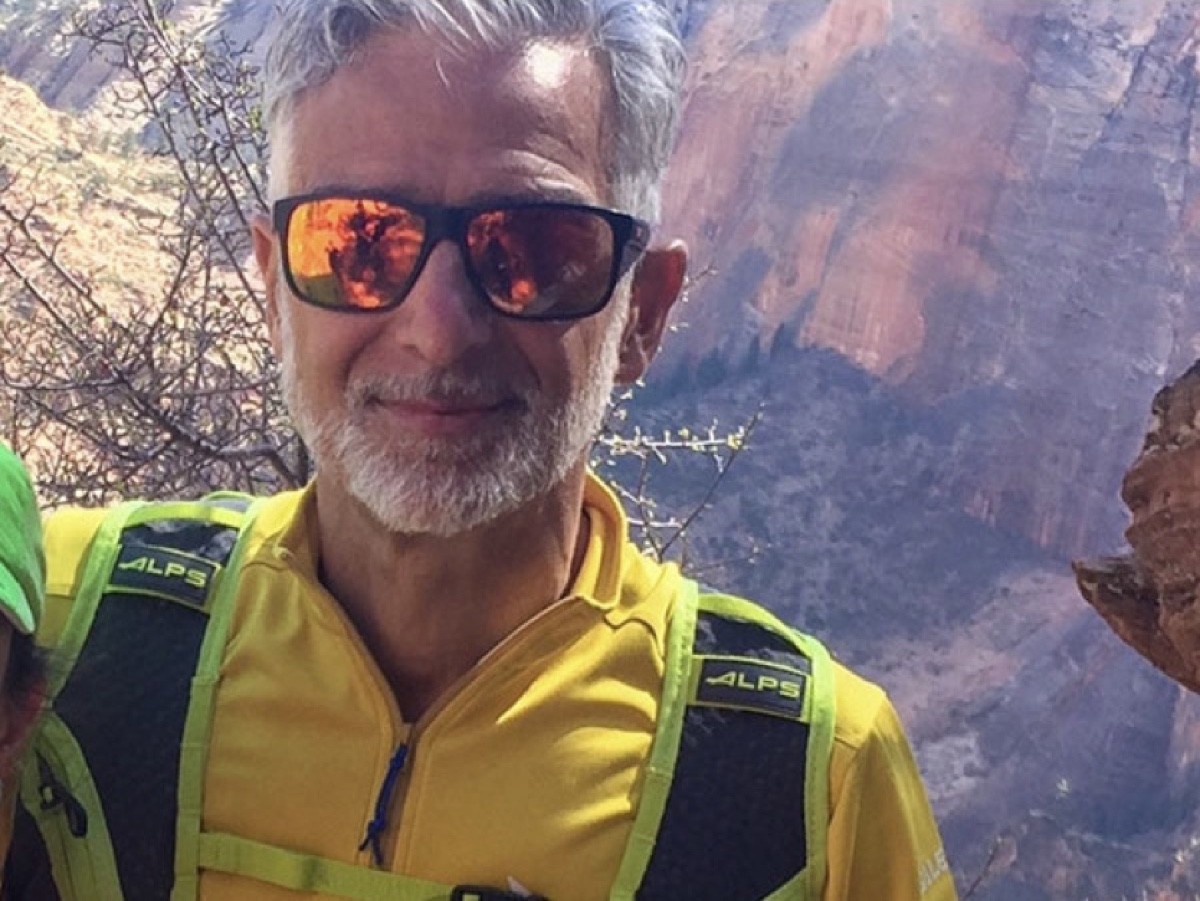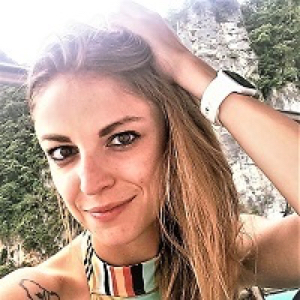Fred Zalokar, renowned runner and mountaineer, perished this week in Yosemite National Park, California. He was just 61 years old.
Fred is survived by his wife, son, and an astonishing legacy as an adventurist, endurance athlete, and world traveler.
On Tuesday, July 20, 2021, Yosemite National Park reported that the body of Fred Zalokar had been recovered near the summit of Mount Clark.
The Reno, Nevada-based runner and mountaineer had been missing since Saturday, July 17, when he failed to return from a solo day hike. National Park Service officials stated that Zolakar had planned to hike from Bunnell Point to Mount Clark using an off-trail route.
The circumstances and cause of death are under investigation. No additional information is available at this time.
Zalokar rose to public recognition as an ultrarunner in the 1990s, having completed four of the United States’s oldest 100-mile races — the Leadville Trail 100 Mile, Western States 100, Wasatch Front 100 Mile, and Old Dominion 100 Mile — all of them in less than 24 hours. His athletic career only grew from there, with numerous race wins and record-breaking climbing feats that spanned all seven continents.
John Trent, a journalist, ultrarunner, and Western States 100 board member from Reno, interviewed and knew Zalokar personally. “[H]e took no shortcuts. He would get up early, at 3 or 4 a.m. before work. He would run for three hours before work, or he would get on the treadmill with a 50-pound backpack, put the treadmill at a 10% grade, and hike for a few hours.”
The full list of accolades Zalokar received is too extensive to adequately detail, but Trent remembers one of his most interesting ultra wins: “My best memory of Fred ultrarunning was at the 1998 Silver State 50k in Reno where he beat previous Comrades Marathon champion Charl Mattheus. Before the race, Charl was quoted in the newspaper as having said the course looked kind of easy, and that motivated Fred to beat him.
“There was a whiteout at the course high point at about 9,000 feet altitude, at the top of a 3,500- or 4,000-foot climb over seven or eight miles, which chilled Charl enough that he had to stop and warm up in a parked truck. Fred wasn’t having trouble with the weather so he ran on, beating Charl to the finish by 14 minutes. Fred was a competitor and he took a lot of pride in living in northern Nevada, and beating Charl was important.”
Following his time in ultrarunning, Zalokar moved into road running. His crowning achievement in this discipline came in 2017 when he became the first runner to win his age group in all six Abbott World Marathon Majors. In 2016, for example, he finished the London Marathon in 2:39:50, winning the men’s 55-59 age group.
But he didn’t stop at running; the Reno transplant was an equally determined climber and mountaineer. “One of the first times I interviewed him was in the 1990s… I visited his office, and that was the time he was starting to talk about the Seven Summits. There was all this paper and all these maps. Fred had it all mapped out. I think Fred loved the planning as much as the doing,” Trent recalled.
Between 1990 and late 2020, Zalokar summitted over 185 peaks, many surpassing 14,000 feet elevation. He summited the highest peaks found on five continents.
Zalokar was also a fastidious record-keeper. He meticulously kept full recounts, logs, and press clippings of his many adventures on his website.
When asked how Zalokar should be remembered by the trail running and ultrarunning communities, Trent noted, “It’s important to remember that he and a few other ultrarunners of the time laid the groundwork for high volume, high intensity, and highly disciplined ultrarunning training. There weren’t that many people at the time who trained as much and ran as hard as people like Fred. They were the trendsetters, and the young people training hard today are following in the footsteps of people like Fred.”
Learn more about his life, achievements, and legacy by visiting his personal website. The iRunFar family extends its condolences to the family and friends of Fred Zalokar.
[Editor’s Note: This article was written by guest contributor Jilli Cluff.]

